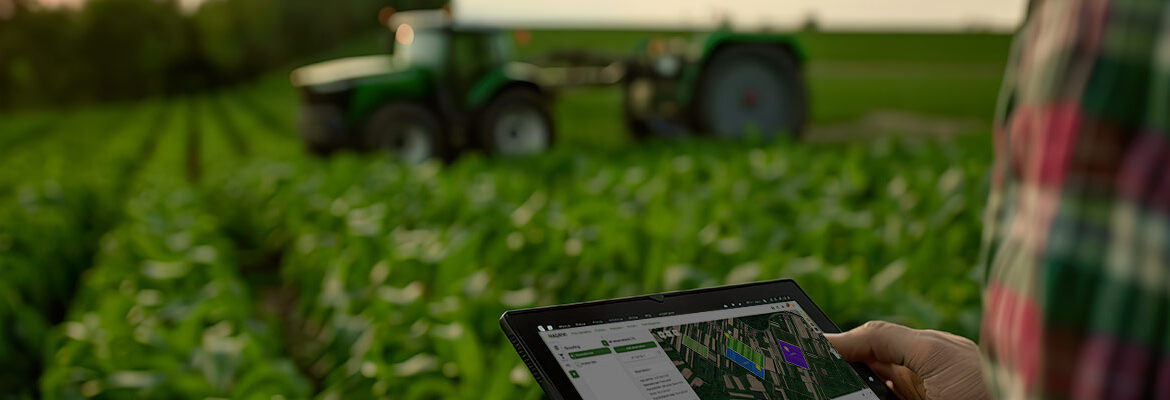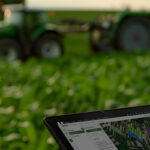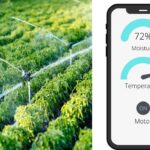As 2024 began, farmers around the globe voiced their concerns and protested against falling incomes, strict environmental regulations, and competition from imports. They feel caught between the public’s demand for affordable food and environmentally-friendly processes, while rising input costs significantly impact their bottom line.
The critical question for agriculture today is how to produce more and better, tackling climate change while boosting productivity.
Technology is emerging as a crucial ally in this endeavor. By optimizing their practices with technological solutions, farmers can alleviate financial pressures, increase their profits, and benefit the environment.
Stronger Motivation for Technology Adoption
Over the past decade, digitalization in agriculture has grown, yet adoption among medium-sized and small farms remains below 5% in most markets. Despite the early stage of agricultural digitalization, it holds immense potential.
Challenges such as connectivity issues, budget constraints, and skepticism towards AI-generated predictions hinder technology adoption. However, external pressures like climate change, inflation, supply chain inconsistencies, regulations, and the need for higher productivity are pushing farmers toward embracing technology.
Farmers are increasingly motivated to incorporate technology into their operations as they witness its tangible benefits and economic advantages.
Farm Management Solution for Sustainability and Profitability
Farm management software (FMS) is crucial for integrating technology on farms, serving as the foundation for other digital solutions. It offers a centralized platform for data collection, analysis, and management, enabling farmers to make informed decisions based on real-time insights.
The impact of FMS on sustainability is substantial. Clients using platforms like AGRIVI 360 Farm Enterprise report significant reductions in resource consumption and environmental impact.
Through real-time data and analytics, FMS helps farmers optimize resource use, minimize their environmental footprint, and calculate precise quantities of inputs like fertilizers and water. It guides farmers in making informed choices about planting, irrigation, and pest control while monitoring soil health, weather, and crop performance.
FMS promotes sustainable practices such as crop rotation and reduced tillage, enhancing soil health, water retention, and ultimately reducing environmental harm. It also supports farmers in overcoming financial challenges and securing profitability.
Using AGRIVI farm management software can lead to total cost savings of 10 to 20 percent and profitability increases of up to 15%. Full utilization of the platform can yield a strong return on investment, with farms seeing $8-12 back for every $1 invested.
The End of “Business as Usual” Farming
Sustainable agriculture is no longer a choice but a necessity. In the face of food security and environmental challenges, leveraging technology like farm management software offers hope. It empowers farmers to make data-driven decisions that benefit both their finances and the planet.
The journey to more sustainable agriculture involves overcoming challenges, increasing efficiency, maintaining profitability, and implementing necessary changes. At AGRIVI, we’ve been at the forefront of agricultural digital transformation for a decade, and we’ve seen positive results worldwide. Farm management software is more than a tool; it’s daily support from experts and data, encouraging farmers to thrive and innovate.




